ENARADA, New Delhi
By Ajay N Jha
The biggest debate going around in political and academic circles across the country today is whether Congress President Sonia Gandhi’s baby ‘Food Security Bill’ would be the game changer in 2014 Lok sabha polls and if it would pave the way for the return of UPA III at the centre. The Bill was passed in the Lok Sabha on 26th August seeks to provide cheap food grains to approximately 82 crore people in the country, ushering in the biggest programme in the world to fight hunger. The passage of the bill will pave the way to give nation’s two-third population the right to 5 kg of food grain every month at highly subsidized rates of Rs 1-3 per kg.
The bill was adopted by the House through a voice vote after a combined discussion on the measure and a statutory resolution seeking to disapprove the ordinance promulgated on July 5. However, it was for the first time that voting on over 300 amendments moved by the Opposition were taken up today in the lower House. It spoke volumes about the lack of perception and preparation of the treasury benches but also saw some unusual moments in Lok Sbaha as well. Even Congress party members were pressing for a few specific amendments.
The bill now will be taken up in the Rajya Sabha. After the bill gets Rajya Sabha’s nod, India will join the select league of countries that guarantee majority of its population food grains. At Rs 1,30,000 crore government support, the food security programme will be the largest in the world. It would require 62 million tonnes of food grains. However, about 2.43 crore poorest of the poor families covered under the Antyodaya Anna Yojana (AAY) scheme and under PDS (Public Distribution System) would get legal entitlement to 35 kg of food grains per family per month. The bill approximately covers around 67 percent of the population.
The BJP has already dubbed the measure as “vote security bill” and picked holes as it questioned as to how it would be implemented and who would be the beneficiaries. Samajwadi Party Chief Mulayam Singh Yadav had contended that the bill was being brought with an eye on elections and said it should be kept in abeyance till Chief Ministers are consulted as it would put additional burden on states.
Interestingly, a debate has started within the Congress echelons itself on this “trophy” which would be shown to the voters in the next LS polls. Barely a few Congress leaders are prepared to believe that it would bring them back to power for the third time. The Congress party men have been giving credit to Sonia Gandhi idea of MNREGA for winning 2009 polls even as there is no conclusive evidence to prove that.
In fact, many economists have been arguing hard that it is the high growth during the period that ensured a repeat mandate for the coalition. “The fact that close to 115 seats of the UPA’s 206 came from the metros and towns buttresses that argument. The Act, assuring legal guarantee for at least 100 days of work, is designed for rural areas, there’s no reason why urbanites would go ecstatic about it,’said a top economist.
MNREGA was launched in 2006 and there was enough time for the Congress party and UPA I for its roll-out and to consolidate popular goodwill in favour of the government. That is not the case with the Food Security Act because, with the 2014 elections less than a year away, the Congress would be too optimistic to expect a mood of favourable positivity around it across the country. Even if there is some goodwill, it is not clear how it would translate into electoral gains.
The Congress spin Doctors are certainly aware of this scenario but what they could be aiming at is providing its rank and file a potent talking point in the run-up to the polls. The food security legislation could bridge the disconnect between the party and the government on the one hand and the party’s top leadership and the organization down the rungs on the other.” One of the biggest problems for the Congress after it dumped socialism to embrace economic liberalism post 1990s has been communicating the reforms process to the members at the low rungs of the party hierarchy. This, in turn, crippled the communication between the latter and the rural voters. This reflected in the results of 2009. The BJP had a similar problem in 2004’” said a former member of Planning Commission.
The congress party desperately wanted some ‘drivers’ to go to polls and that is how Congress President put everything at stake and even spoke eloquently on the floor of the House to carry this advantage further. Food security would touch an emotional chord among the rural masses and the party workers would find it easier to communicate its virtues than those of economic reforms and their long-term implications. It might not yield rich electoral dividends but there’s at least something the party and the government can talk about in unison without sounding confused. It can now claim that it never abandoned its “aam-admi character” or focus which had got lost in 2009.
The Congress leadership is also aware that it has already been pushed on the back foot over charges of big ticket corruption, poor governance, and mismanagement of the economy and crippling policy blunders, the party does not see much hope in the urban areas. Modi’s incessant attack on the bad governance and the voters disenchantment with Congress in urban pockets could now be all time high. That’s why it is seeking redemption elsewhere. This also explains Vice-president Rahul Gandhi’s repeated emphasis on rural and tribal areas and his reluctance to address the concerns of the urban India.
As of now, there is no unanimity among political pundits on the actual gain for the Congress. It is because many political analysts generally overestimate the vote-pulling powers of such moves. They also tend to ignore the fact that given the fragmentation of the vote bases at the state level, there’s little scope of the benefits of such initiatives going exclusively to one party. The only gain for the Congress could be better internal cohesion, not much beyond that.
One danger is that Food security bill would bring in more bankruptcy. It is difficult to see Congress President Sonia Gandhi as a key player in pushing reforms, but the chain of dangerously high expenditures set off by her Food Security Bill will leave her with no other option. We will see costs rising, growth slowing further, serious job losses, and belt-tightening on all fronts. So, the new government in 2014 would be faced with the twin challenges of great reforms and great pain and without reform, the state machinery may collapse over the next few years. Over the next few years the Food Security Bill – under-funded and with costs grossly under-estimated – will unleash so much subsidy bleed that reform will be the only way out.
But deficits aren’t the only indicators suggesting future reforms. The truth is many, many government-owned corporations and undertakings are headed towards economic ruin without reform. They include banks, Or insurance companies, Oil companies, power companies, Air India, BSNL and MTNL and many more such enterprises. A report published in The Business Standard newspaper a few days ago said that the market value of 25 listed public sector banks is now Rs 2.3 lakh crore when their net worth is Rs 5.12 lakh crore. At this kind of valuation, they won’t be able to raise capital on decent terms, and the government will have to bail them out.
The government simply does not have the money for it, so it can either print notes to recapitalise them – and increase the fiscal deficit, risking a rating downgrade – or dilute its stakes in these banks. Over the next five years, all soft options like dilution to 51 percent will be exhausted, and at least some banks will have to be willy-nilly privatised.
The story of the oil companies would be no better because all the oil marketing companies are humongous loss-makers if not bankrupt, had it not been for the subsidies doled out by the UPA government. In two terms, the UPA government would have dished out nearly Rs 7,50,000 crore of taxpayer and investor funds to subsidise petrol, diesel, kerosene and LPG – and the losses even today amount to Rs 389 crore per day. The subsidy bill is shooting up by this amount daily despite the steady increases in diesel prices all through this year.Over the next five years, there would be either full petroleum price deregulation (barring kerosene and LPG), or privatization.
The procurement needs of the Food Security Bill will force more intensive cultivation using more fertilizer and power, which will push up central subsidies on fertilizer and state subsidies on power. Since food prices under the Food Security Bill will be frozen for three years, it means not only the food subsidy bill, but the fertilizer and power subsidy bills will also bloat beyond tolerance levels in the next three years. The accumulated losses of state power distribution companies currently exceed Rs 2,00,000 crore despite tariff increases in the last one year.
Food, power and fertilizer subsidies will drive both centre and states towards technical fiscal bankruptcy – forcing deregulation of urea prices and power tariffs. Moreover, bumbling public sector red-ink champions like Air India, BSNL and MTNL would not be able to survive without government cash and bailouts. But when government runs out of cash, privatisation again is the only way out.
In other words, India would be virtually up for a sale in the next Five years . And it will bring serious reforms, good reforms. The chain of events and bad economic management will finally lead to a more efficient economy but it have to go through years of pain before that. A pity UPA blew the opportunities it had over two terms. This Food security Bill may provide the tipping point to bankruptcy and then reform.
(Posted on August 28, 2013 @ 11.45pm)
(Ajay N Jha is a veteran journalist from both Print and Electronic media. He is the President and CEO of WICS Global Communications. His email id is Ajay N Jha <ajayjha30@gmail.com> )
The views expressed on the website are those of the Columnists/ Authors/Journalists / Correspondents and do not necessarily reflect the views of ENARADA.

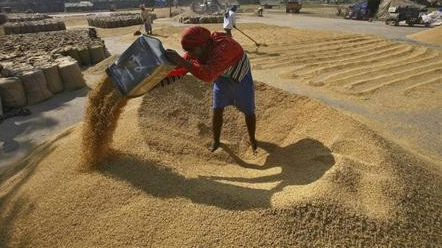



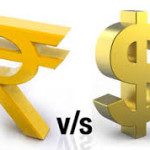
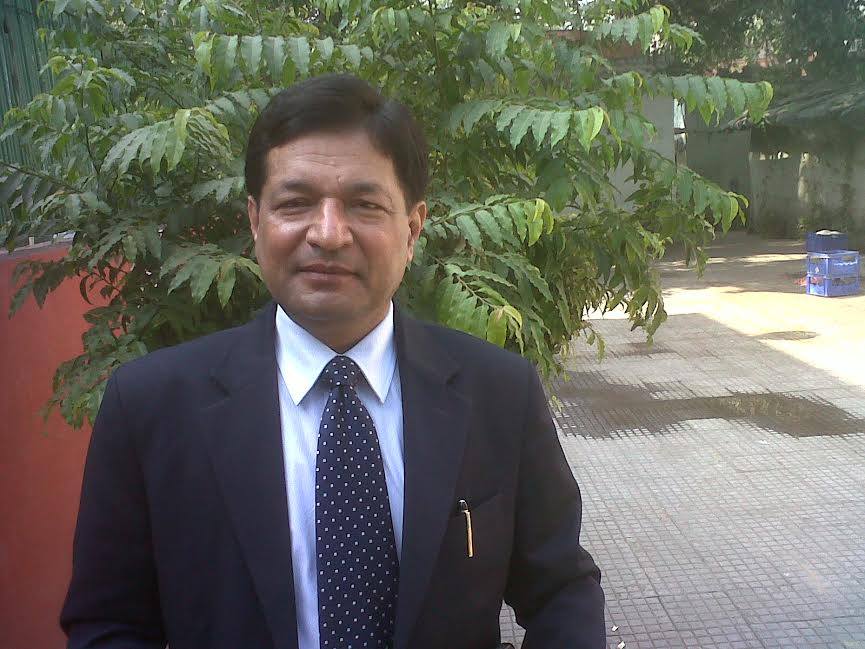
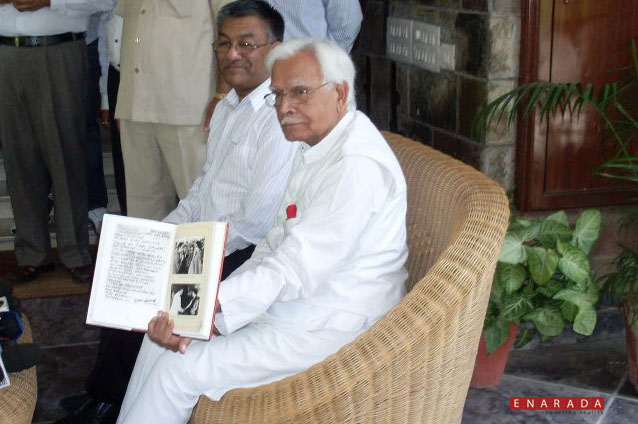
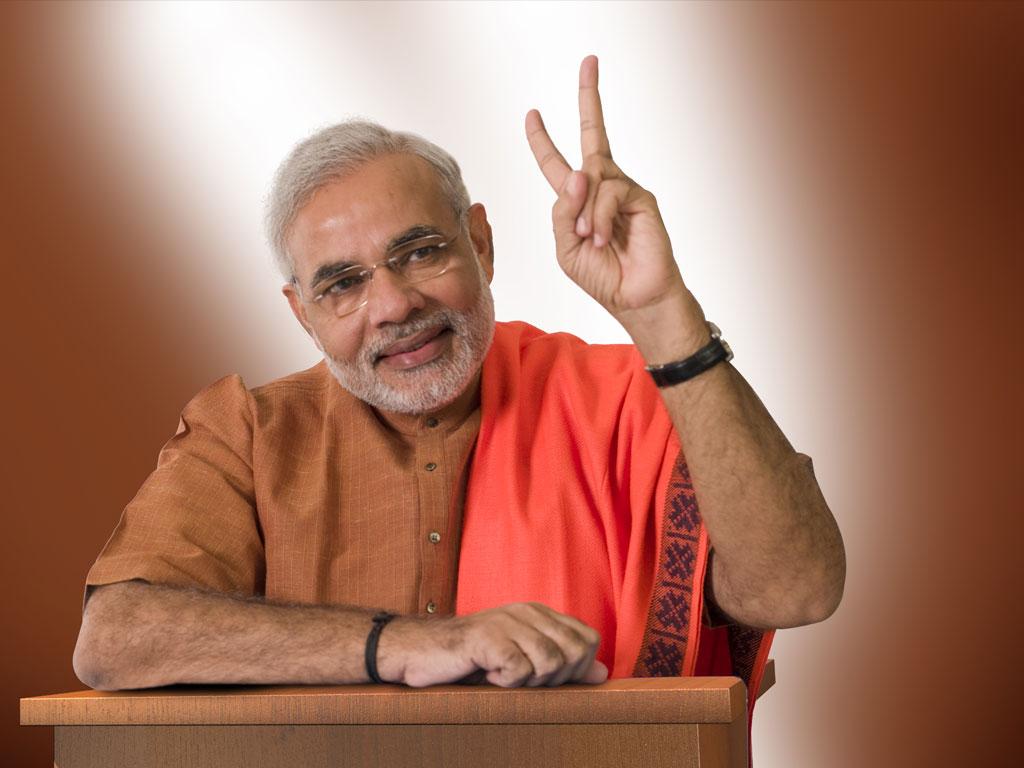
Food Security Bill will only force more intensive growth in the Population and making people to be lazy. It will not help in improving our country’s growth, it will only influence our country becoming weaker and bankruptcy. Instead of giving subsidies encourage farmers in providing water/electricity/fertilizers etc. Otherwise food grain production will decline and again depend on import of food-grains from other countries. Again India has to depend on foreign currency. If every govt thinks of introducing schemes like this where are we?